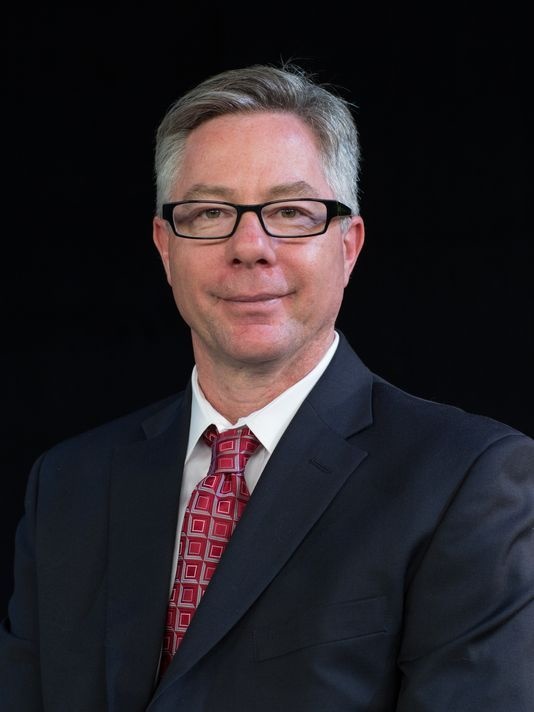
David Ryfe, Guest Opinion, Iowa City Press Citizen
The problem fake news presents is not, primarily, informational.
For one thing, there has always been fake news, from the serious (think Gulf of Tonkin incident) to the frivolous (like Orson Welles’ famous radio broadcast of a Martian invasion).
For another, people have always been willing, more or less, to believe fake news. Whether it is a hoax about life on Mars, P.T. Barnum parading the apparent nursemaid of George Washington through the streets of New York City, or a tabloid magazine story on the Loch Ness monster, fake news is fascinating, entertaining … and irresistible.
In fact, psychologists tell us we are hardwired to want to believe news we wish to be true and to avoid information that challenges our pre-existing views. These practices are fundamental to the way we reason.
As a source of information, fake news is no more a problem today than it has ever been.
If the problem with fake news is not informational, then its solution will not be informational either.
For instance, given our predisposition to believe the news we want to believe, it is not likely that media literacy campaigns will be effective countermeasures. It is fine to teach people how to read the news more critically, but doing so won’t change the underlying psychological processes that make us vulnerable to fake news.
And news organizations can do all the fact checking in the world, but it won’t bring back the legions of journalists who have been laid off in the last 10 years or alter the fact that most of us get our news today from social media feeds.
So if fake news is not an informational problem, then what is it? And if it has always been around, then why are we so worried about it now?
In my estimation, fake news is primarily an institutional problem, and it is concern about several key institutions of public life that has us so worried.
For instance, the quantity of fake news is greater today because the costs of producing it are so much lower. This fact produces institutional problem No. 1: There has never been more news produced than today and never less of it by journalists. It is no surprise that fake news has not had the same impact in countries like France, for instance, where the institution of journalism is on firmer footing. When journalism as an institution diminishes, we should expect to see more fake news circulate in the culture.
But even if true, in the past political institutions like the parties would have blunted the impact of fake news. This brings us to institutional problem No. 2: We live in a time of strong partisanship and weak parties. Americans are more committed to their political tribes than at any time in the last hundred years, and political professionals who run the parties are less able to circumscribe the behavior of these tribes. Hence, there is less political mediation of fake news.
Which raises institutional problem No. 3: the forces of globalism. When teenagers half a world away can write scripts that automatically spew fake news about the U.S. presidential election, you know we live in a different time. How are American institutions — government, media or otherwise — supposed to counteract such activity? In an increasingly global world it is difficult for national institutions to control the informational boundaries of their own society.
If I am right, then the solution to fake news will have to be institutional as well.
We might start by reinvesting in journalism and strengthening the political parties.
We might also think about regulating the technology media companies (e.g., Facebook and Twitter) that are the sources of so much of the fake news circulating today.
Facing similar quandaries, generations of Americans before us built institutions that took account of our individual and collective weaknesses. If we are to effectively deal with the problem of fake news, we will have to do the same.
I hope you will join me, Christopher Merrill and writers from the International Writing Program on Oct. 18 when we discuss “Journalism and a Free Press in the Age of Fake News” as part of the WorldCanvass series. WorldCanvass is hosted by Joan Kjaer at MERGE, 136 S. Dubuque St., and begins at 5:30 p.m. You’re also invited to a pre-show reception from 5-5:30 p.m.
David Ryfe is a professor and director of the UI School of Journalism and Mass Communication.